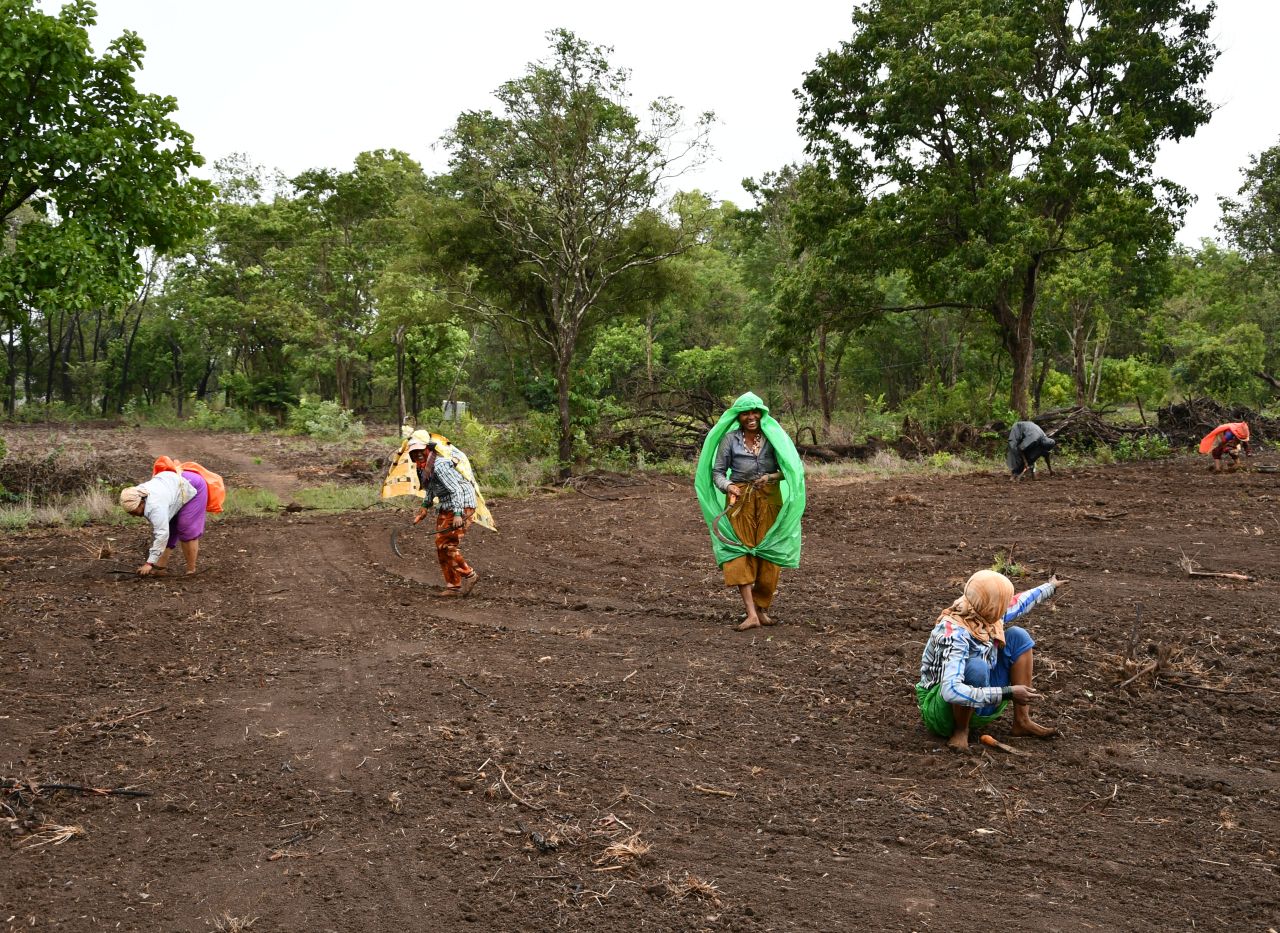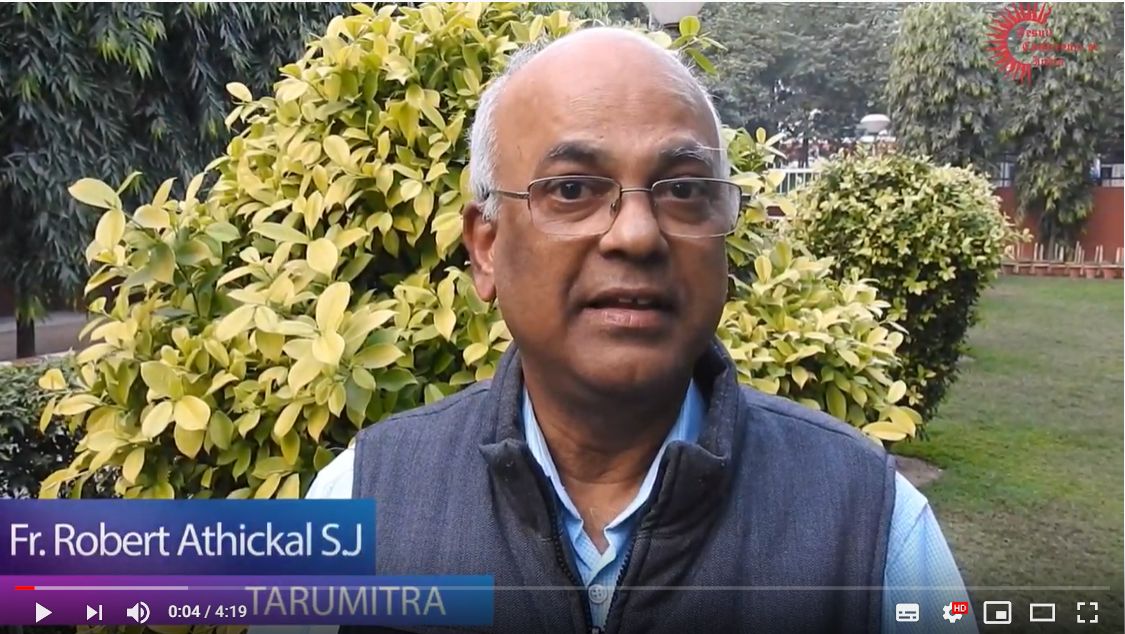
Ecology
Eco-Education and Eco-conservation program
Through an innovative set of nationwide programs, the Jesuits are engaged in preserving ecology and environment in South Asia. Through this program, the Jesuits focus on bio-diversity conservation, academic research on rare plant species, sustainable management of natural resources, promotion of renewable energy, eco-education and policy initiatives.
Ecology
Our Inception
With an intention to undertake ecological solutions to curb human footprint, global Jesuit community started Ecology and Environment program, more than three decades back. With great commitment and determination to protect and preserve the nature, slowly and steadily it became a movement all across Indian states.
What is the Urgency
All the communities across the globe are working in the same direction, also for governments this is one of the highest priority issue. If we fail, we will not be able to give a fair chance to the next generation.
Vision and Mission
It is our duty to conserve and preserve the resource, avoid over exploitation of the environment and maintain a balance. This can be achieved by changing our life styles, adopting environment friendly practices, taking care of all the species especially the one at a vulnerable stage, sharing our learning with others and promoting a change for good. Hence, we describe our mission as “Promoting collective responsibility to care, nurture and sustain the earth, especially those at the margins, manifested in lifestyle and actions”.
Our Intervention Areas
All of us are aware that the survival of human beings in earth depends on judicious use of natural resources and caring for the same. Hence, our urgent and immediate interventions are needed in the following areas:
- Immerse ourselves at every stage in eco-indulgence and environmental awareness
- Build strong networks and collaboration among all who are working in the realm of ecology and environment to enable sharing of experiences, expertise, resources and to access funding
- Develop concrete project proposals to mitigate the environmental problems faced by people, especially the most vulnerable and marginalized communities
- Ensure that ecological concerns are cross cutting across all apostolic areas which come under various sectors of the society’s administrative structure
- Provinces set up structures and lay-down and implement policies to mainstream ecology within the provinces.
Explore newer avenues like climate justice for further promotion.
Thematic Involvement
- Bio-Diversity Conservation& Preservation of Rare Species- Toincrease local communities taking responsibility for preservation and management of biodiversity, especially of endangered species and medicinal plants.
- Sustainable Management of Natural Resources- To increase local communities taking responsibility for management of natural resources ensuring equitable opportunity for sustainable livelihoods. Reduce impact of drought and flood among local communities.
- Sustainable Agriculture- To promote increase in agricultural diversity, organic farming practices and food security and to prevent and propagate climate change resistant indigenous varities.
- Renewable energy- To increase use of renewable energy, speciallyby the local communities and institutions.
- Eco Education- People around the world should have the opportunity to develop the knowledge and skills they need to build a sustainable future.Sensitising students, young people, other organizations and other stakeholder to help them understand the natural balance and bring them close to nature.
- Eco-Indulgence- To increase respect for all creations, sensitise people to adopt eco-sensitive life-style and promote eco-action.
- Climate Justice-To support groups of people affected by the climate change and to ensure that they have acquired equitable share in the benefits.
- Eco-Research- Significant ecological crisis affecting the vulnerable groups identified, researched and acknowledged by various stake holders.
Policy Engagement/Influence- Advocate and influence government and agencies to develop environmental friendly policies at state and national levels.
Impact
- We are reaching out to 23 states in India with an outreach to 300000 children.
- We are well connected with various schools and promote and run eco education programs among children on various ecological theme and issues.
- Under the watershed program 275 villages have been made drought free with watershed development “Ridge to Valley” approach.
- 175812 hectares of land treated for soil erosion. We involve the community in the development we have formed 4000 women SHGs. Total Population benefited directly: 351624, Indirectly-703248.
- One of our establishments, Tarumitra received Special Consultative Status (ECOSOC) from the Economic and Social Council of the United Nations from 2005.
- One of our establishments in west, GJEM has done tremendous work on medicinal usages of plants. AadiAushadi group specialize in Adi¬vasi herbal medicinal practices, documenting Adivasi medicinal knowledge, plantation of medicinal herbs, as well as their production and use.
- Jesuit-managed Xavier Technical Institute in Sevasi, Vado¬dara, trains solar technicians and spreads the use of solar energy for lighting, cooking, hot water, drying, and preserving agricultural products.
- Entomology Research Centre at Loyala College has developed a number of products by isolating several pesticide molecules from plant extracts, plant oils, microbes and seed weeds.
- Through the hard work and dedication Chennai centre has preserved10 endangered medicinal plants have been reintroduced in the forests. For their initiatives Chennai Centre has received an honour from Tamil Nadu Government.
The JCI’s Priority Areas
RENEWABLE ENERGY:
Renewable energy is emerging as the driving source towards environment friendly practices. We work with the local communities and institutions to implement and increase the usage of solar & wind energies.
ECO-EDUCATION
Another major step towards increasing the environmental awareness is the eco- education initiatives, Jesuits have been reaching to a number of students and stakeholders into Eco- Actions such as campaigns, awareness programmes and catering environmentally friendly practices.
ECO-RESEARCH
Significant ecological crises affecting the vulnerable groups are identified , researched and acknowledged by various stakeholders.
BIO-DIVERSITY CONSERVATION & PRESERVATION OF RARE SPECIES
Encourage and work with the local communities towards taking responsibility for preservation and management of biodiversity, especially of endangered species, nutritional and medicinal plants.
SUSTAINABLE MANAGEMENT OF NATURAL RESOURCES
Ensure management of natural resources, to provide equitable opportunities for sustainable livelihoods to reduce impact of drought and flood among local communities.
SUSTAINABLE
Working in hands with the agricultural sector by promoting agricultural diversity, organic farming practices, and food security among small & marginal farmers.
CLIMATE JUSTICE
Identified groups who are affected due to climate change are positioned and have acquired an equitable share in the benefits.
POLICY ENGAGEMENT/INFLUENCE
Participation in formulation & implementation of environmentally favourable policies at state and national levels.
23
States
3,00,000
Tarumitra Members
60,100
Small and Marginal Farmers

Planet
Respect and safeguard our common home and link with education to lessen environmental degradation and the impact of climate change.

People
Leave no one behind and attain sustainable livelihoods and lifestyles. Include education with plans to help people fulfil their potential in dignity and equality in a healthy environment.
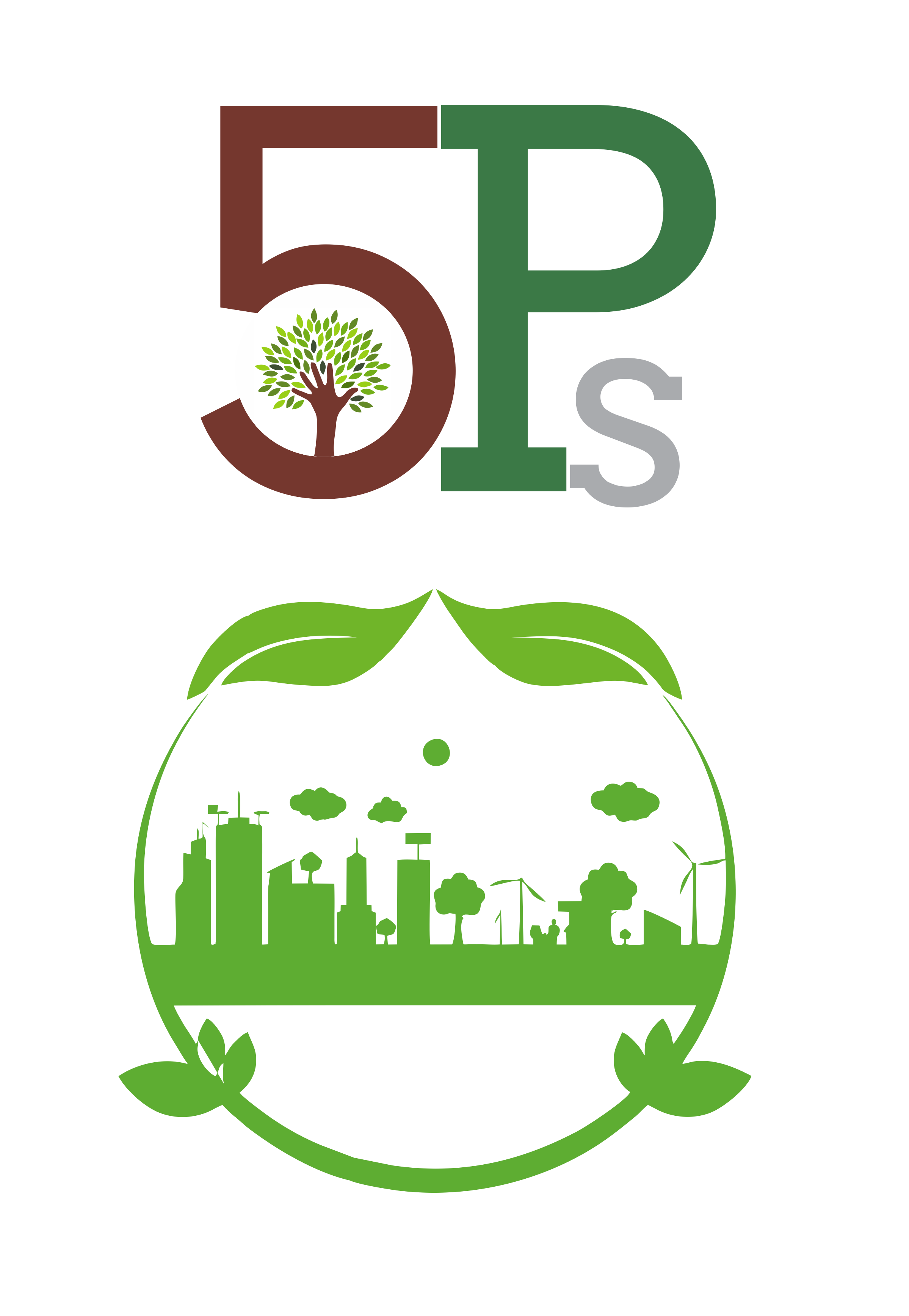

Partnership
Strengthen global solidarity to achieve the SDGs. Ensure adequate financing, policy coherence, and multi-sector capacity.

Peace
Live in peaceful, diverse, harmonious societies, free from fear and violence. Maximize education’s potential to foster peaceful, just and inclusive societies.

Prosperity
Transform societies to have sustained, inclusive and sustainable economic growth, and sustainable lifestyles. Utilize education to reduce poverty and stimulate green and inclusive economies.
The 2030 Agenda
JESUIT’s are supporting the major three sustainable development goals in South Asia
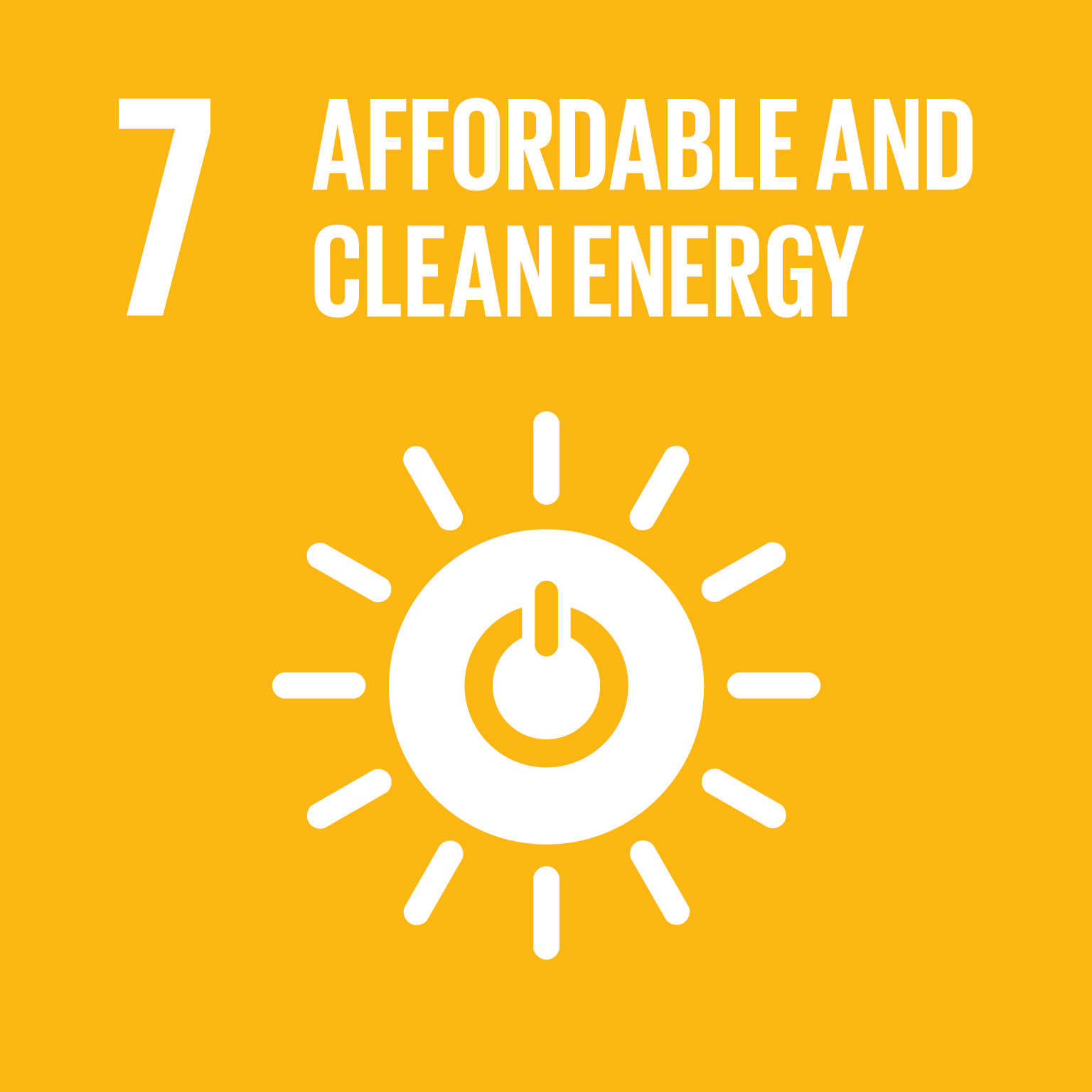
SDG 7. Affordable & Clean Energy
TARUMITRA, an ecology partner of JCI known for its pioneering work in India and is undertaking programmes on eco-awareness to reach out to more than 3,00,000 children in 23 states. It has developed a unique Bio-Reserve of more than 4500 species. The ecological partners of Jesuit are promoting the cause of the harnessing of solar energy. Solar based food processing is being promoted which has great potential for the development of livelihoods for poor families. Technical and Skill Training courses on Solar and RE are run by Xavier Engineering College, Vijayawada, XTI, Vadodara, ASHA DEEP, Patna, and others.
SDG 13: Take urgent action to combat climate change and its impacts
In the rain deficit region of Maharashtra and Gujarat, around 275 villages are made drought free with “Ridge to Valley” approach in which 175,812 hectares of land treated and water retention quality increased over a period of time. There is a decent increase in the green cover on wastelands, plantations of trees through Eco clubs, watershed development, etc. Biogas-Cum toilet construction, Promotion of Kitchen gardens & renewable energy methods, construction of Compost pits, promoting and practicing organic farming are also leaving eternal impact towards contributing to the cause of building climate resilient communities.
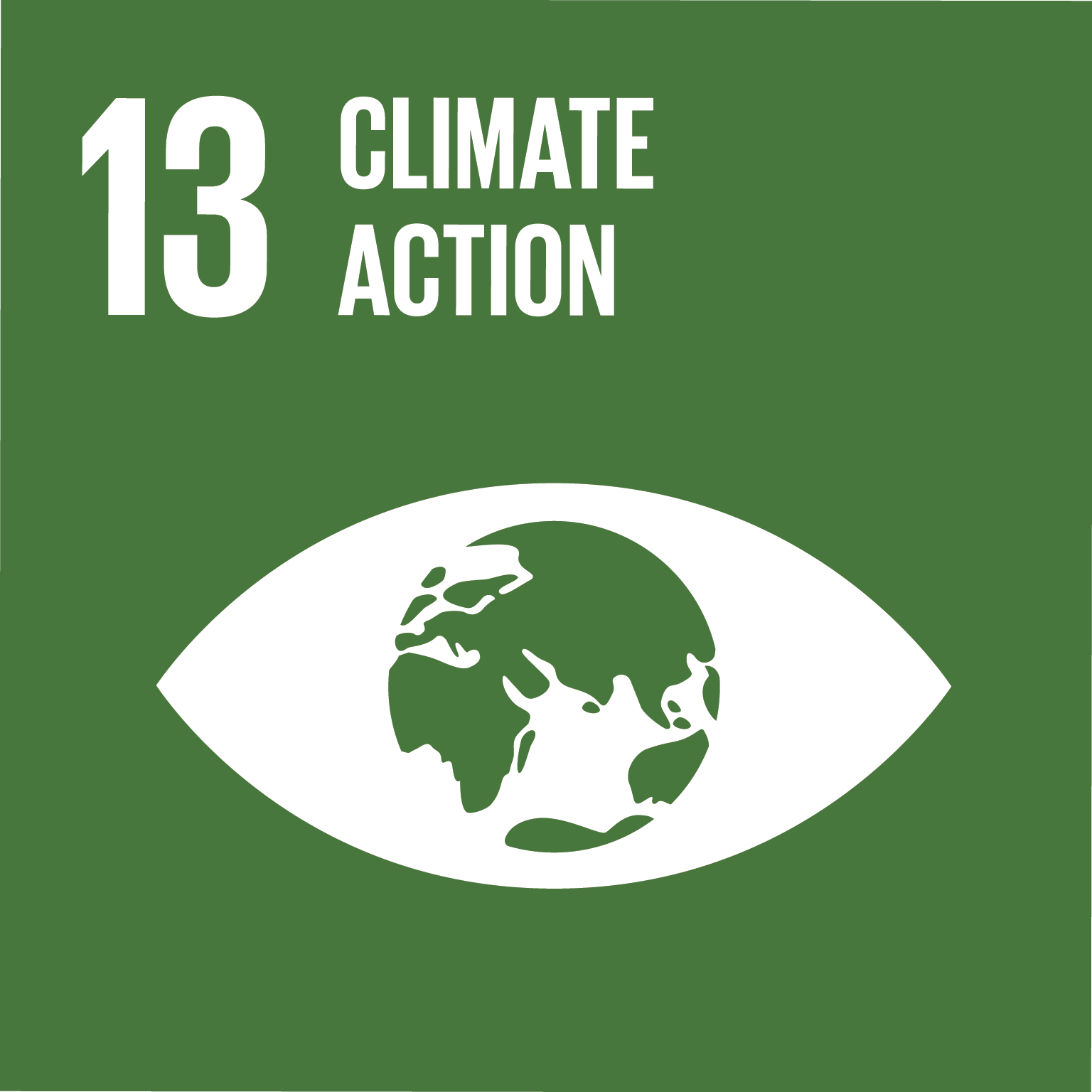
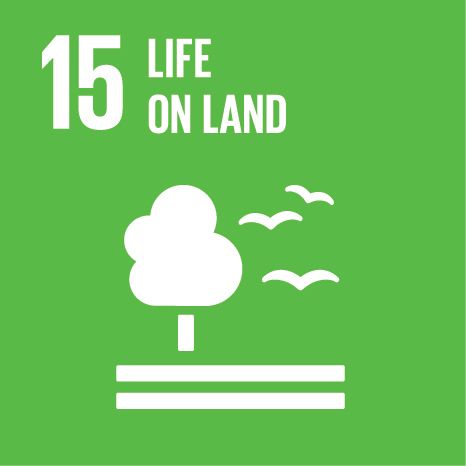
SDG 15: LIFE ON LAND
Many Institutions promote afforestation like the Biodiversity Conservation Network of GJEM, it is an excellent model promoting reforestation and organic farming techniques in 100 villages of Gujarat Province. Some research-based institutions are also into In-situ & Ex-situ conservation of rare and endangered species, development of the Herbarium, Biological park & Botanical garden and Adi Ausadhi-a Farmer Producer Organization (FPO) by GJEM promoting medicinal plant Cultivation, Processing & Marketing are some of the examples.

